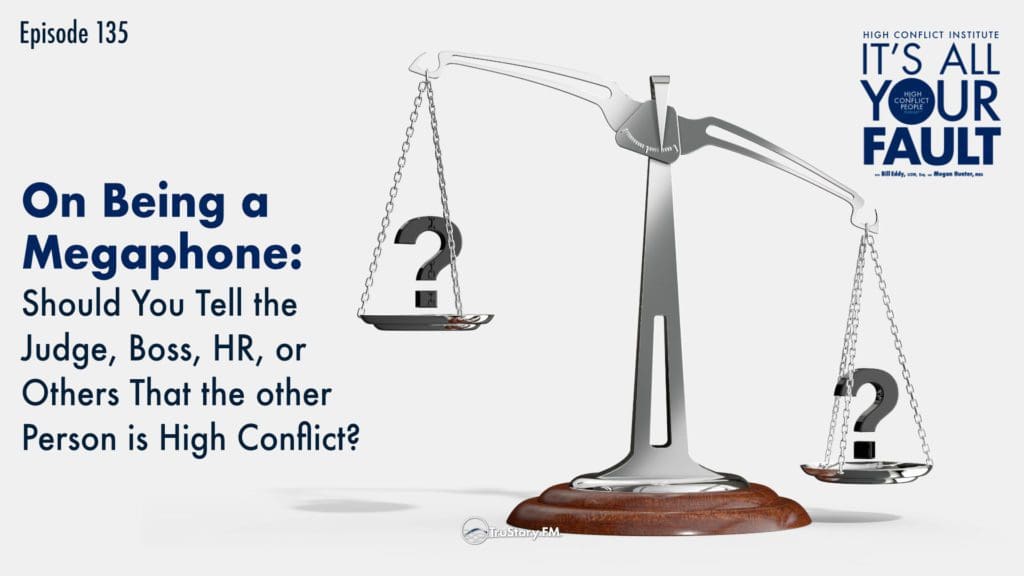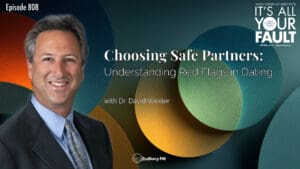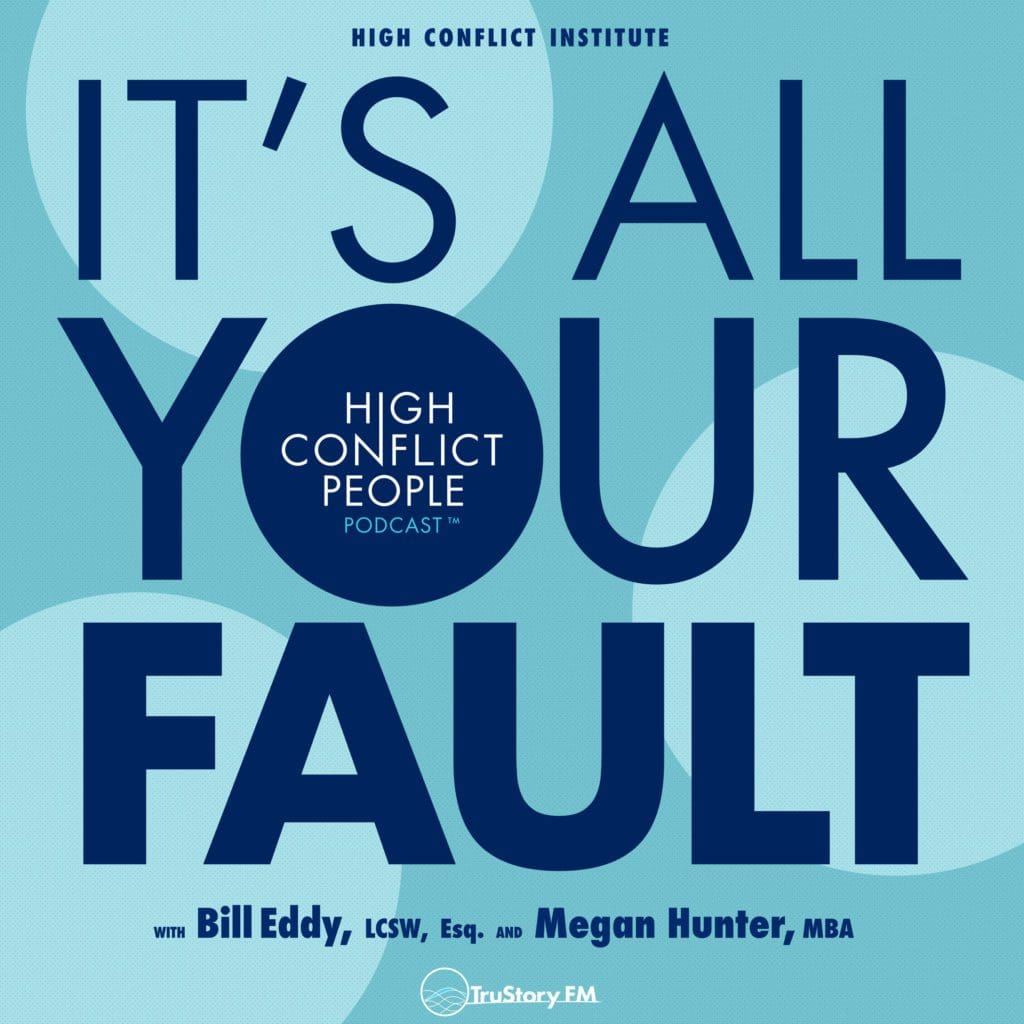To tell or not to tell. That is a question on the minds of many who deal with high conflict situations. In a court situation, is it is a good idea to tell the judge that the other person is high conflict or has a personality disorder, whether diagnosed or suspected? The same goes in the workplace. Should HR be told? And the same question applies in any setting, such as the education environment, in mediation or even in families.
It’s tempting to want to tell everyone what you suspect you’re dealing with, but will it help or hurt your case or situation? Will it backfire?
Megan and Bill answer this vital question in this week’s episode. It’s a big issue that can impact outcomes whether in a legal case, in your job or in your family.
Links & Other Notes
BOOKS
- Protecting Yourself While Divorcing Someone with Borderline or Narcissistic Personality Disorder
- High Conflict People in Legal Disputes
AUDIO
Our website: https://www.highconflictinstitute.com/
Submit a Question for Bill and Megan
All of our books can be found in our online store or anywhere books are sold, including as e-books.
You can also find these show notes at our site as well.
Note: We are not diagnosing anyone in our discussions, merely discussing patterns of behavior.
- (00:00) – Welcome to It’s All Your Fault
- (01:41) – To Tell or Not to Tell
- (05:44) – What About Formal Diagnoses?
- (08:08) – Concerning Patterns of Behavior
- (14:02) – What About Therapists and Lawyers?
- (18:11) – What About When Not Divorcing?
- (20:07) – How to Deal With It When You’re the One Who’s Told
- (27:19) – What If It’s Your Family Member?
- (34:16) – Reminders & Coming Next Week: Amanda Ripley











